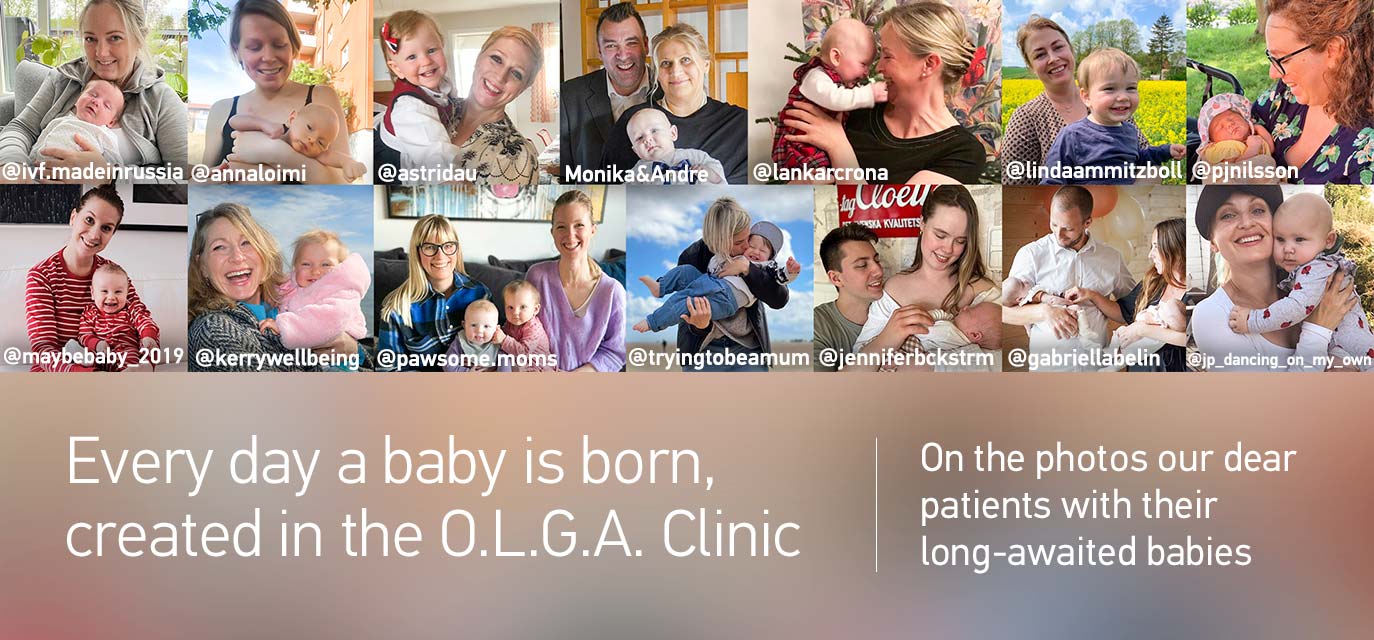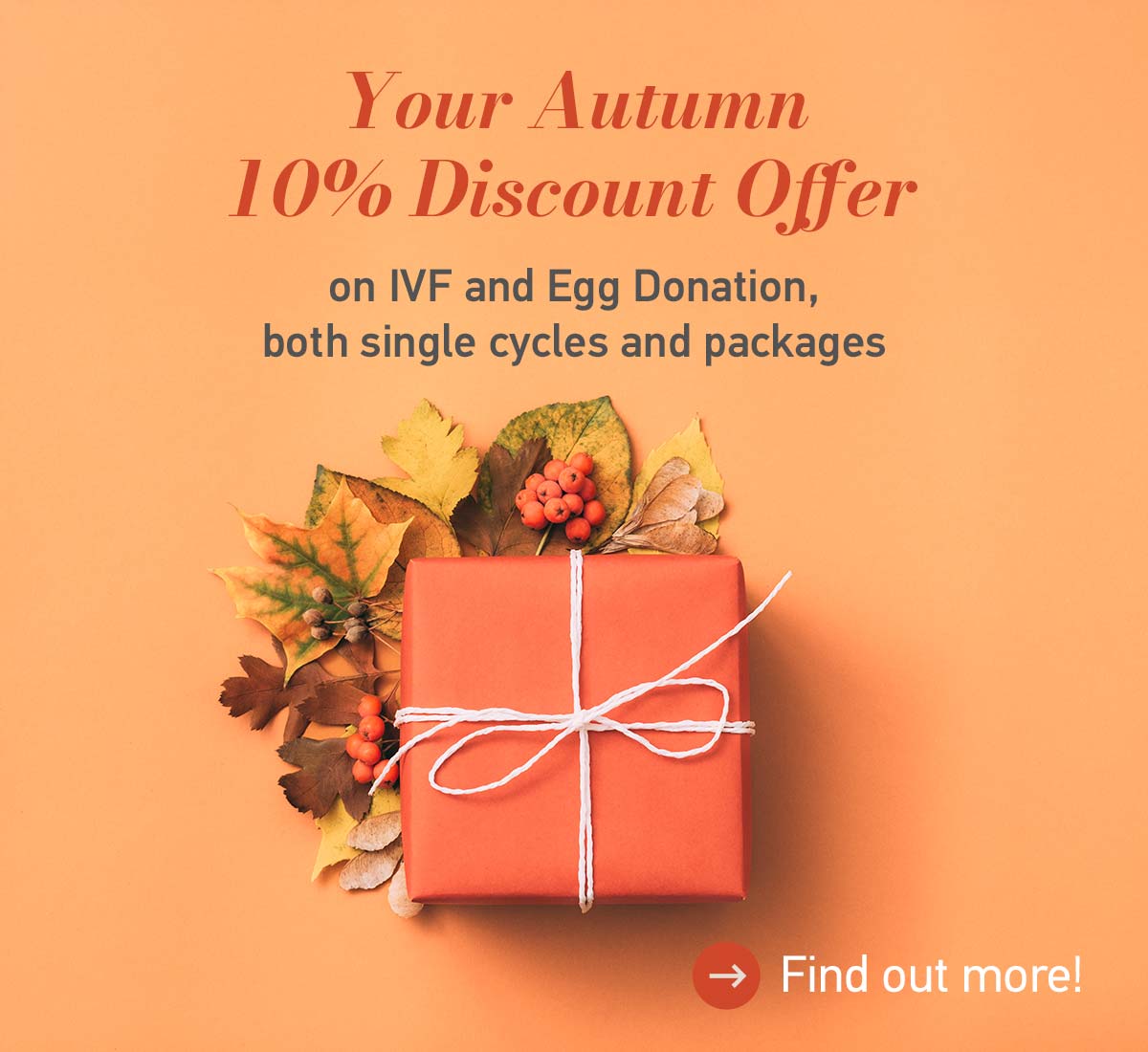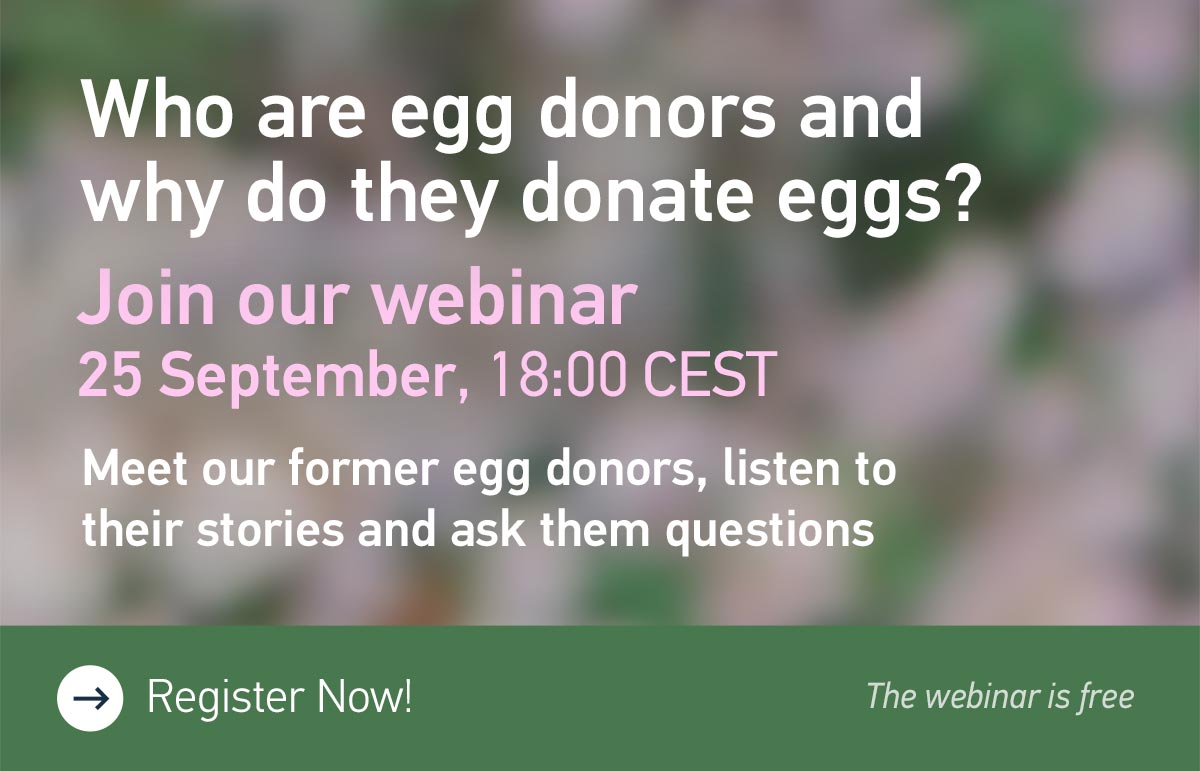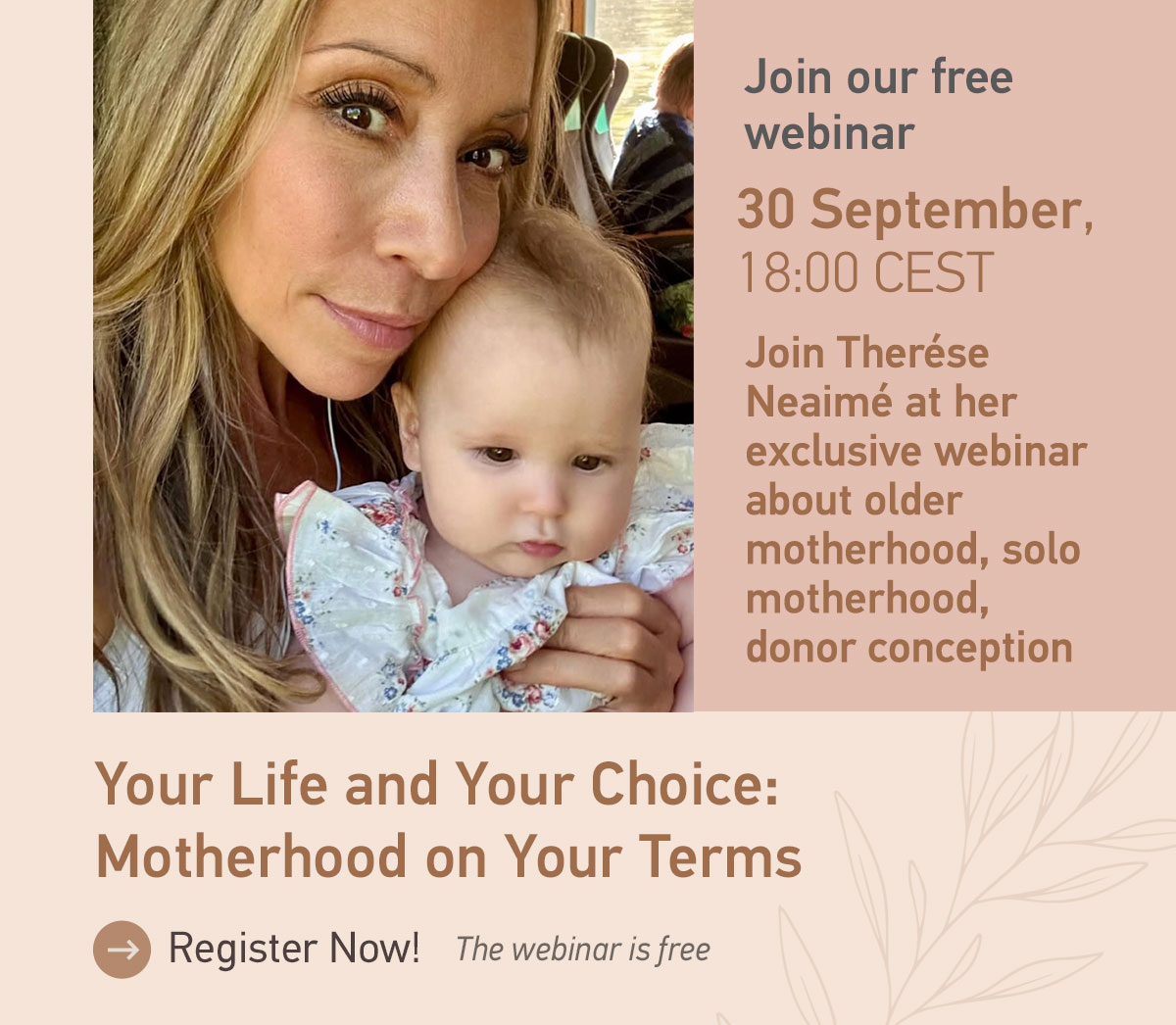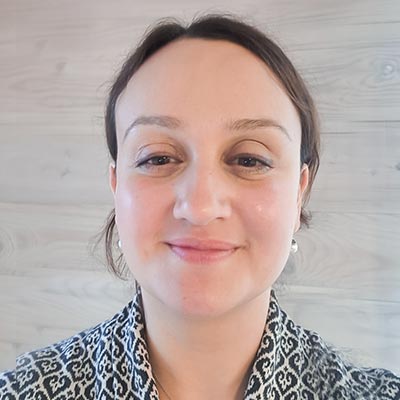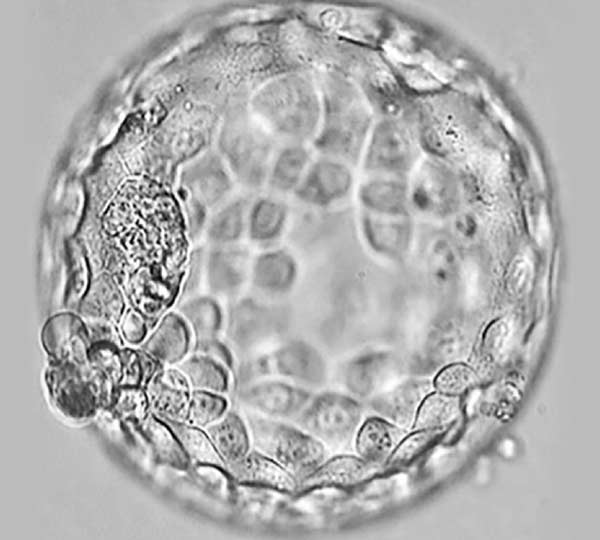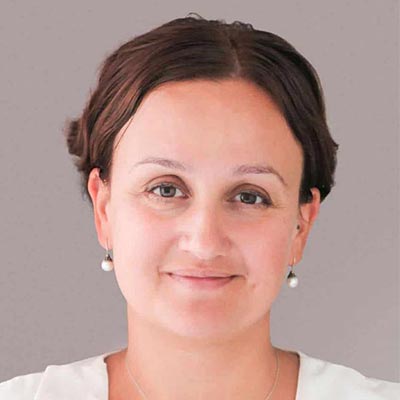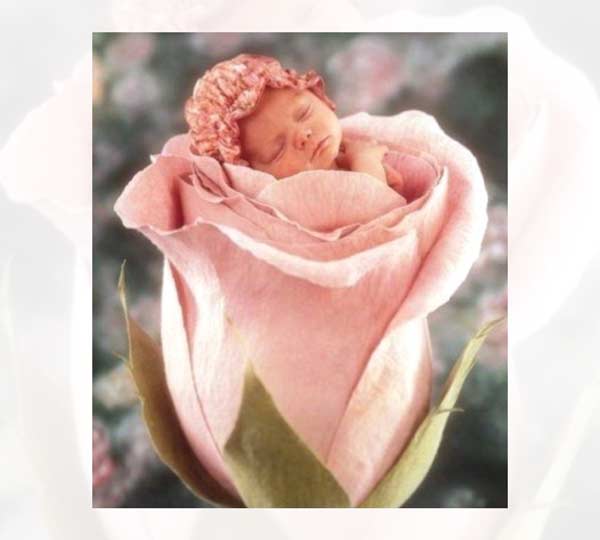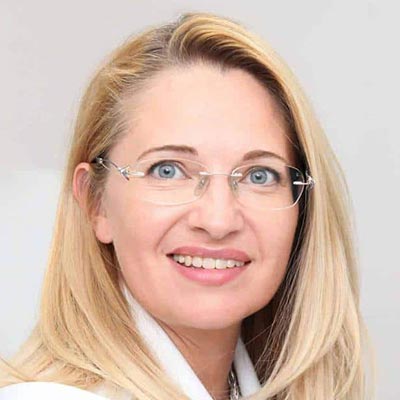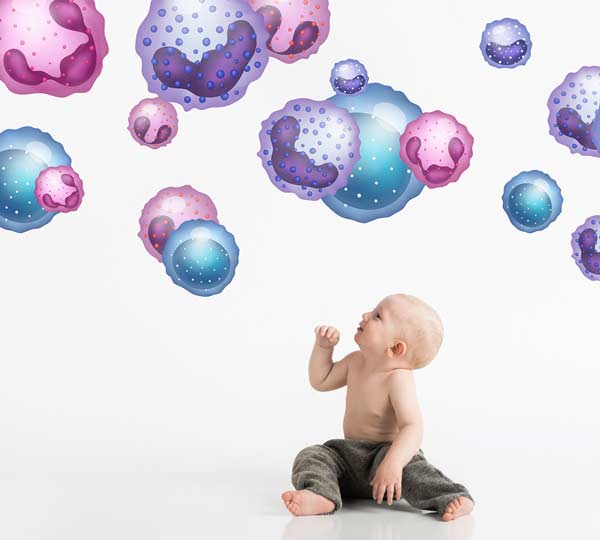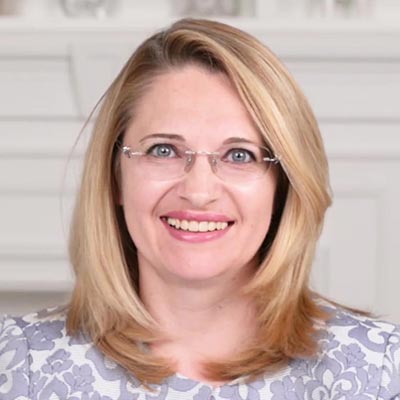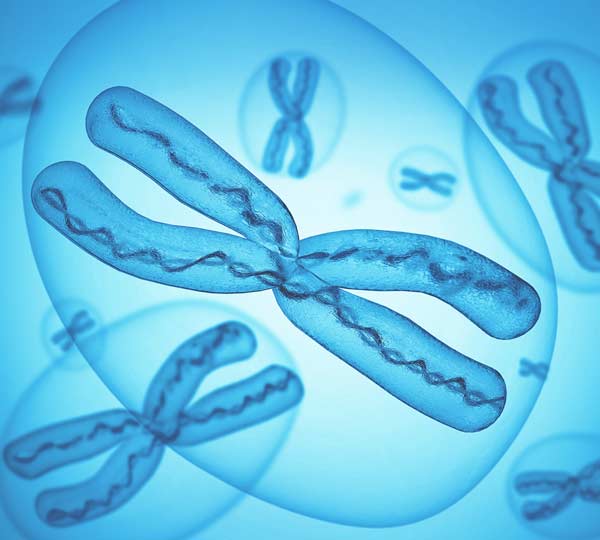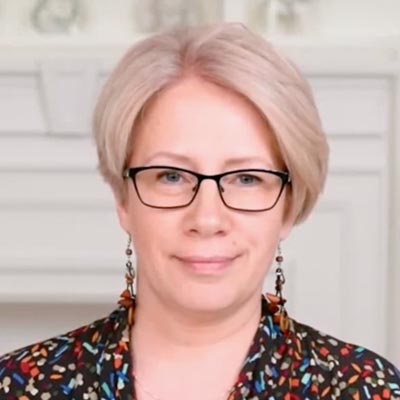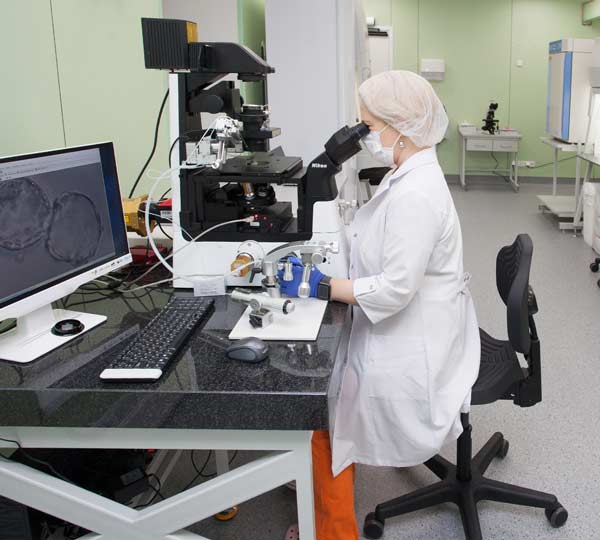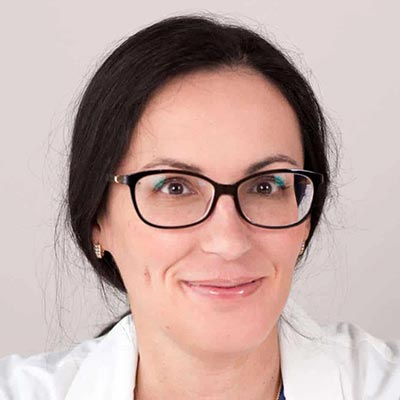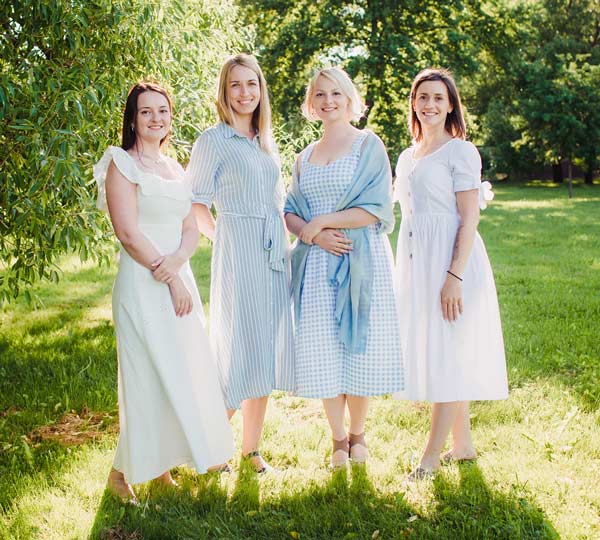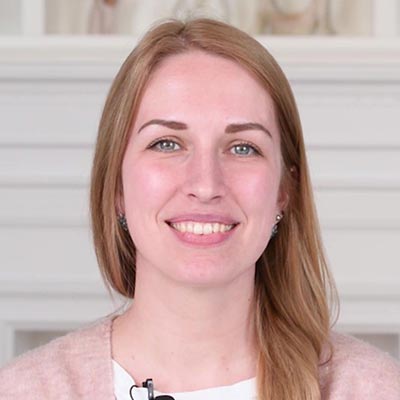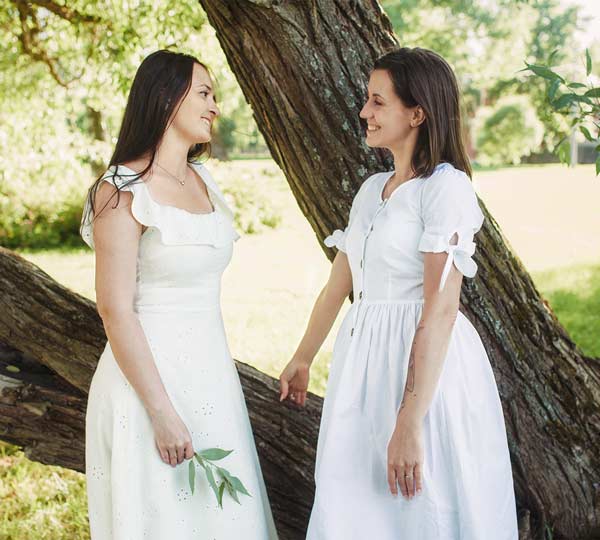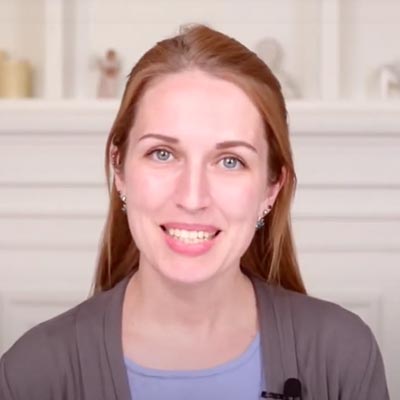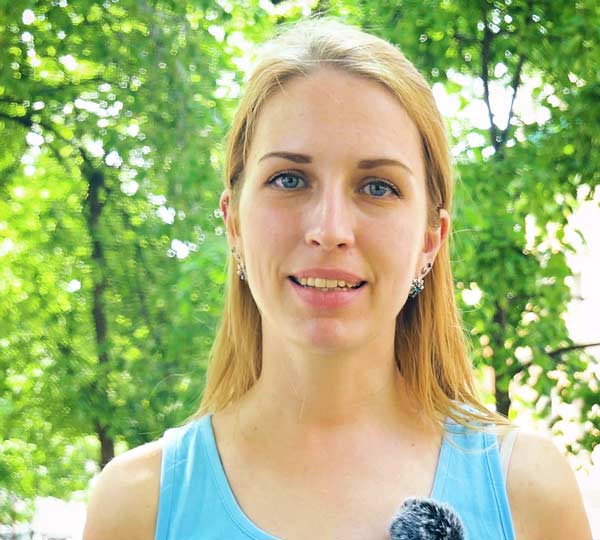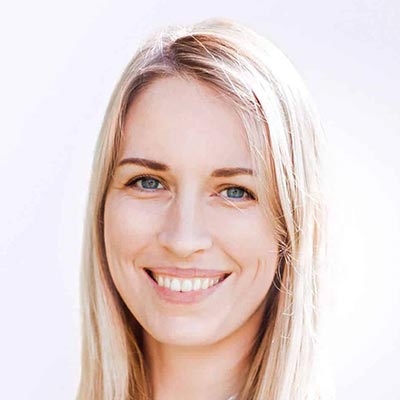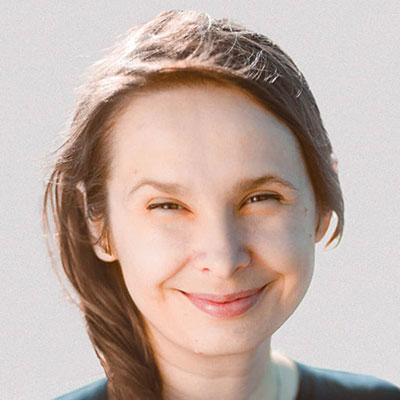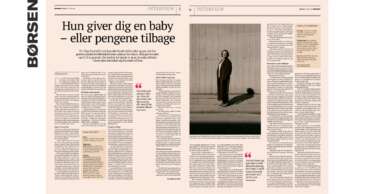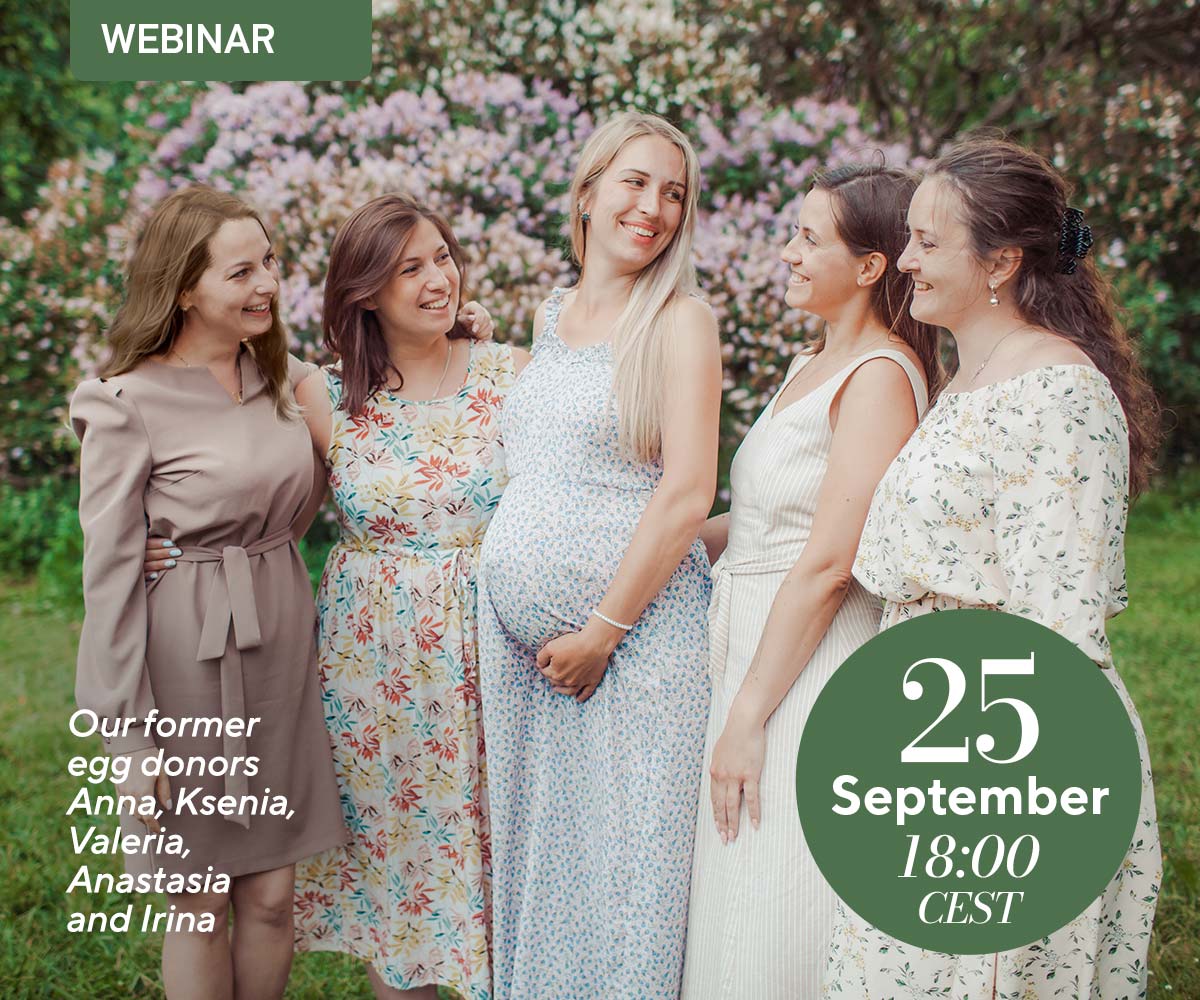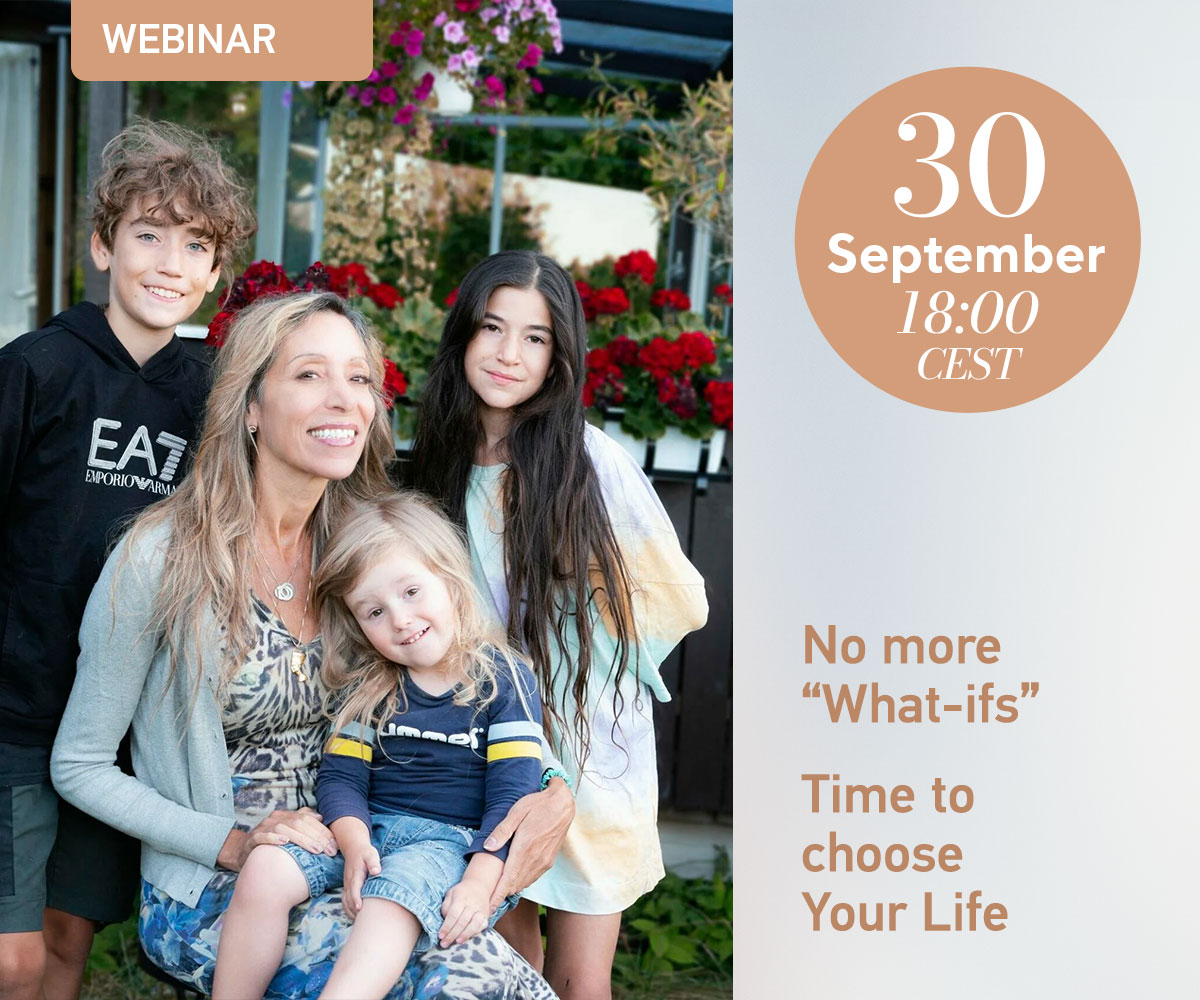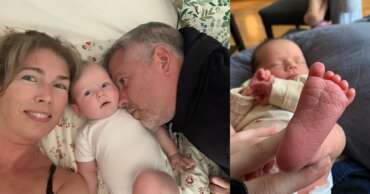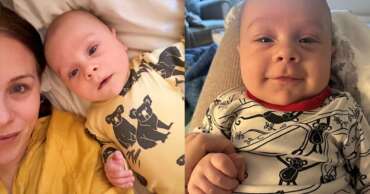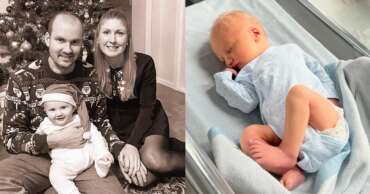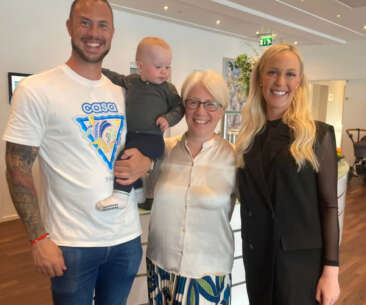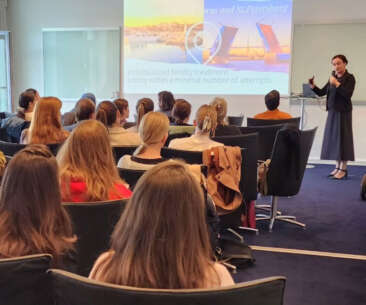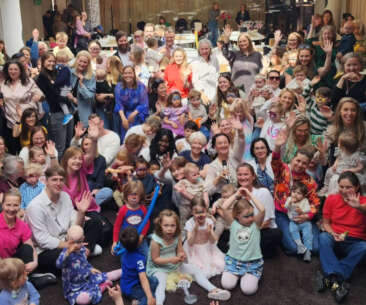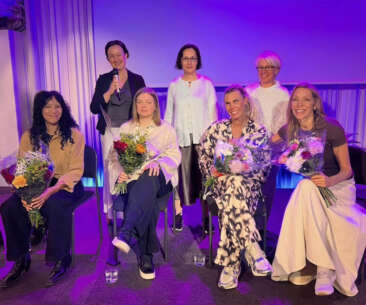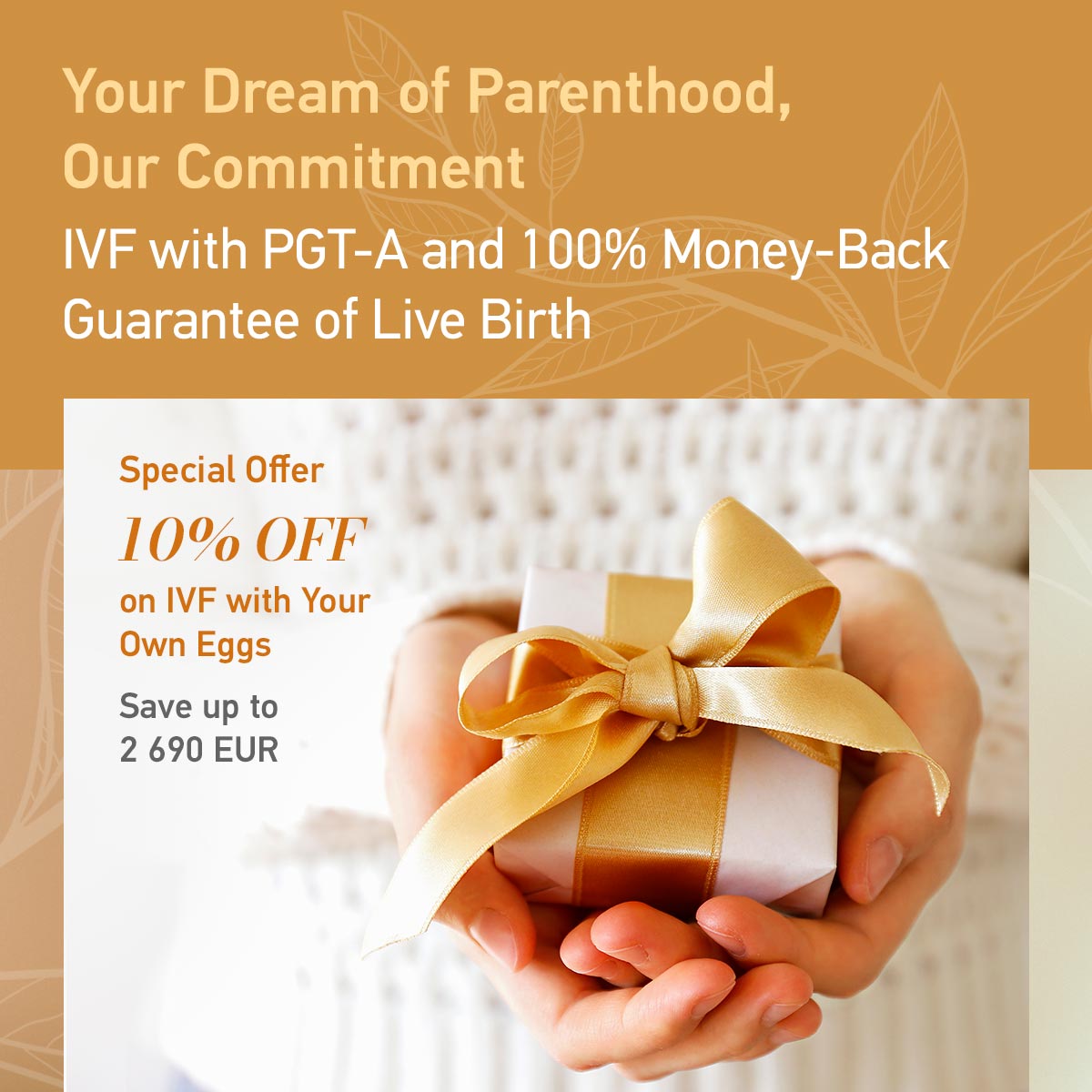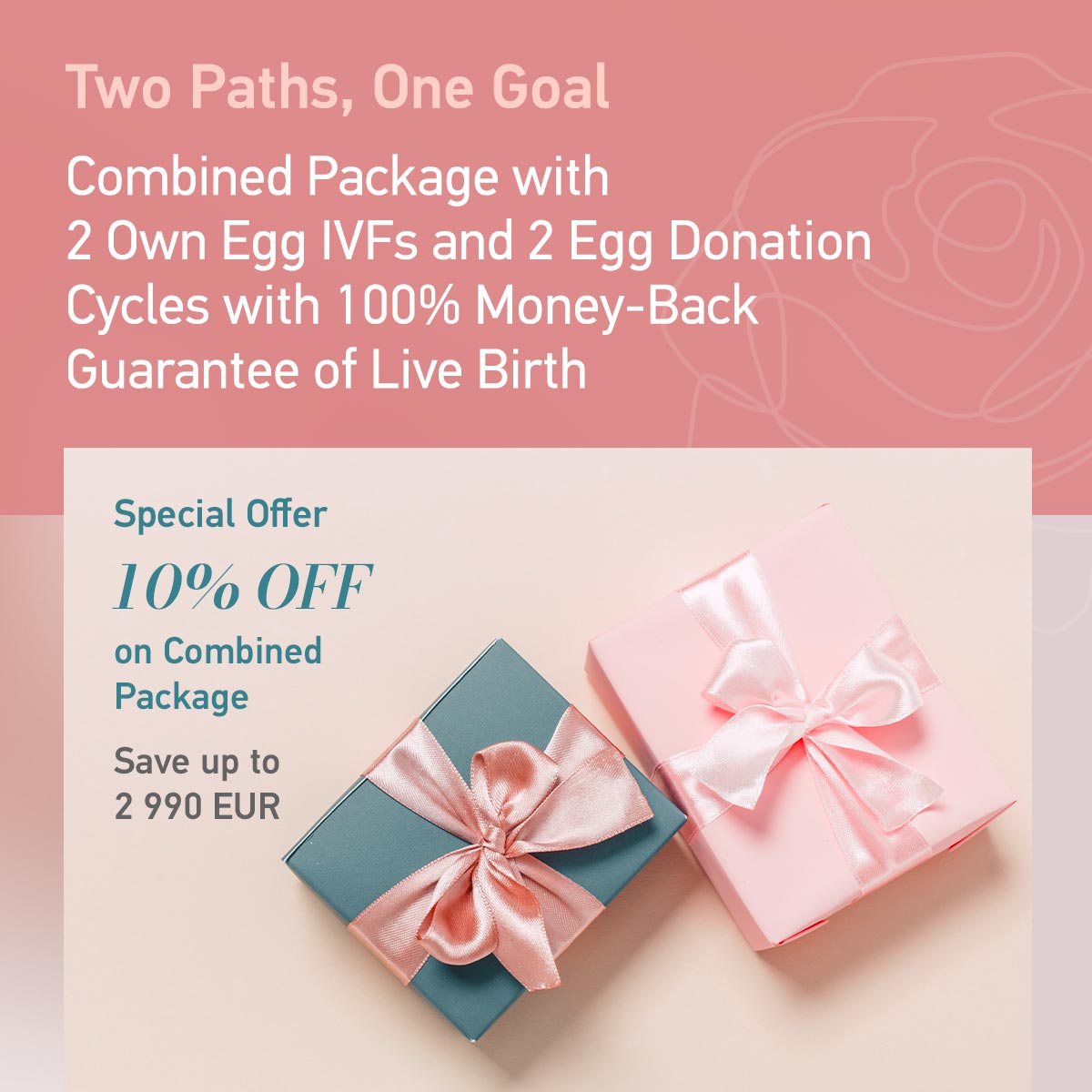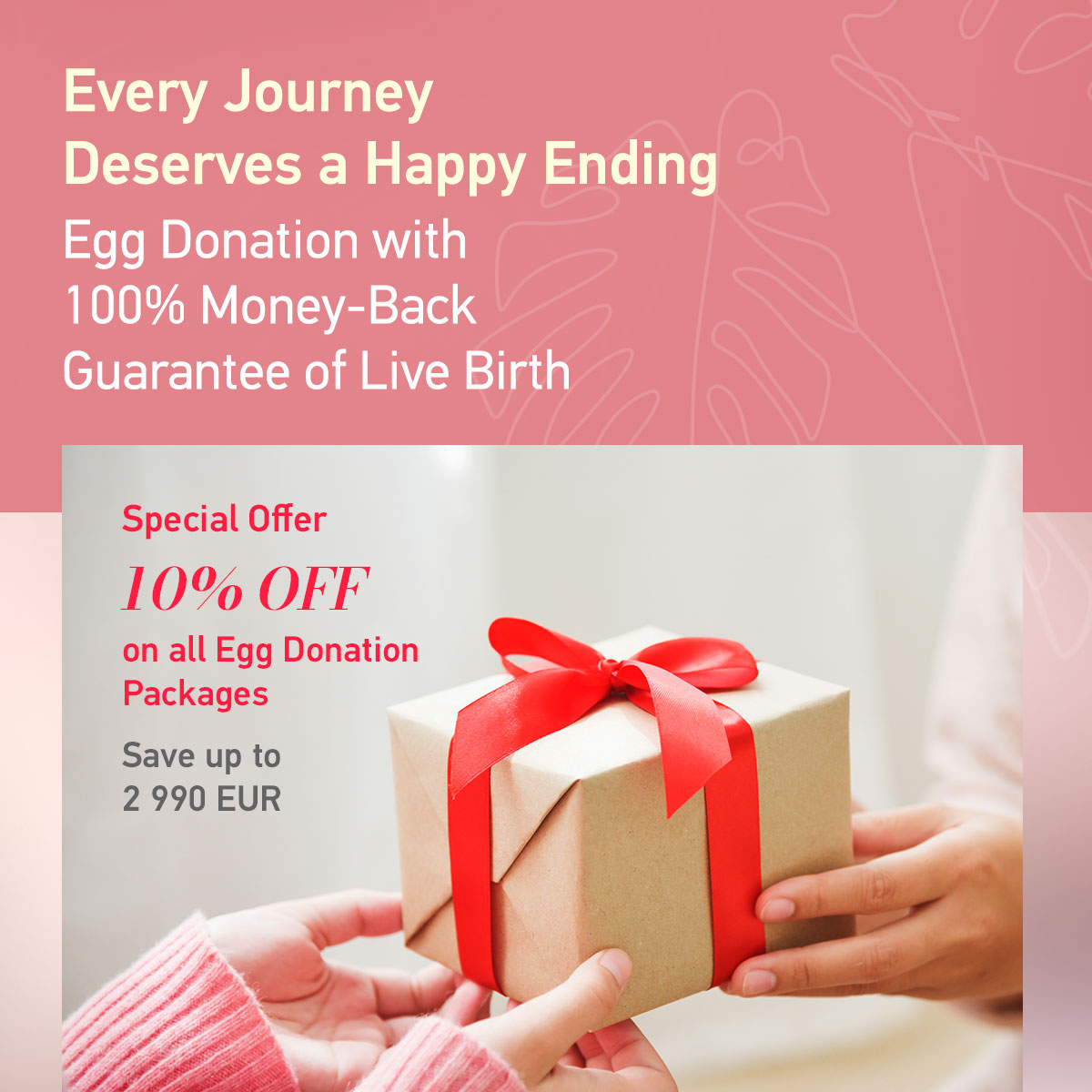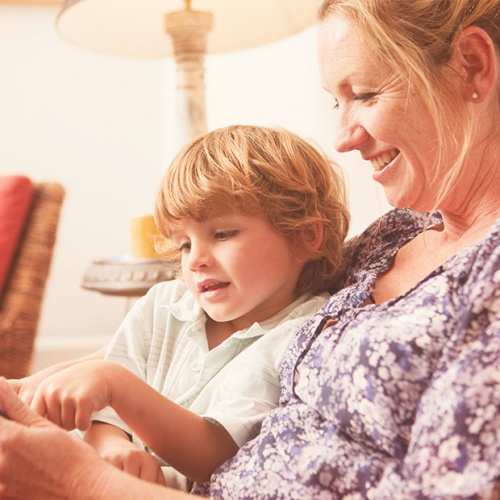 Are you wondering about how and when you should tell your child about egg/double donation? This is a normal question that fertility patients and parents of children created through egg/double donation often need an answer to. Fertility patients always want to do the best for their child, even before their child is born!
Are you wondering about how and when you should tell your child about egg/double donation? This is a normal question that fertility patients and parents of children created through egg/double donation often need an answer to. Fertility patients always want to do the best for their child, even before their child is born!
I will try to answer this question, from my perspective, experience, and knowledge as a fertility counsellor as I truly believe that there is not just one right answer to this, but many. How and when to tell? This will depend upon the parent’s values, history, the society they live in, the degree of acceptance, the relationship to their child and their child’s personality. While you are reading this text be aware that only you will have the right answer to what is best for your own family, but my advice and work may also help you.
How and when to tell the child is a question that fertility patients undergoing sperm donation, egg donation, or double adoption are focused on, they need to know how and when to tell even before they are pregnant. Having an idea about what will be best for the child can be motivational and can even lead to having more confidence during treatment, it can also amplify that the decision to go for donation has been the right thing to do.
Willing to talk to parents after egg donation?
Are you considering egg/double donation in the future and wondering how to tell your child?
If you are wondering about how and when to tell your child about egg/double donation, either whilst you are in the process of egg/double donation treatment, or even before you have decided to start egg/double donation treatment then I have some advice for you:
- You need to trust your maternal instinct, you will know what is best for your child when the time comes
- The personality of your child will affect how and when you will tell them, so it can be difficult to know the right answer, right now!
- Your attitude will affect how you tell the people around and your child about egg/double donation and that again will affect how they will react to this information, if you are not yet pregnant you may not have such a positive and proud attitude about egg donation. So when you think about how and when to tell you need to also know that your feelings and thoughts normally will change during pregnancy and after you give birth. To experience being a mother and to be proud of your child will affect how you will tell the child and your family about egg donation.
- You will be the mother of this child’s existence because you decided to do egg/double donation. You needed a cell from an egg/sperm donor, a cell that cannot by itself develop into a child. You have decided that this egg/double donation treatment will be the reason your child will exist. Your future child needs to know this; that it is you and not the egg/sperm donor that has the biggest part of this project.
- You are not in a hurry! You have 5-6 years to decide how to tell your child, because studies show that to tell a child in early childhood will be the best time.
- Remember that our society is always changing and that egg/double donation becomes more normal and less taboo in many countries over time. This will of course also affect how you will tell your child about egg/double donation and how she/ he will react.
Willing to discuss your situation with our psychologist?
Lilly — from the other side of the rainbow
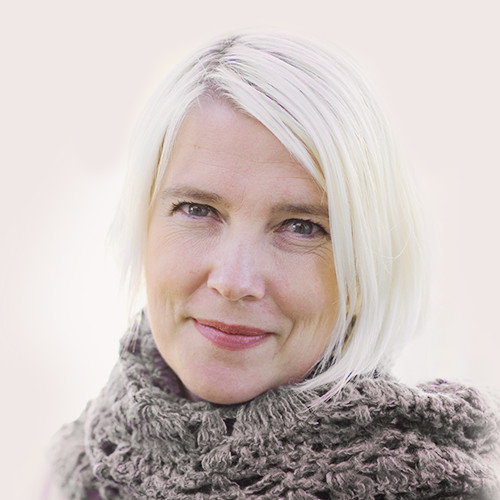
Written by Tone Bråten, a Norwegian family counsellor, writer, and speaker specializing in infertility.
Are you considering egg donation in the future and wondering how to tell the child? Are you a mother after egg donation and wonder how and when to tell your child?
I will be happy to tell you about my book “Lilly comes from the other side of the rainbow”. A book that is aimed for children between 5 and 7 years old.
My interest for ‘how and when’ to tell the children started four years ago, I was working at a Norwegian fertility clinic and talked to a lot of couples that needed to use sperm donation. Through several sessions, where the couple needed to prepare for the sperm donation treatment from an emotional and ethical perspective, the same question was asked over and over again; ‘when and how should we tell the child about the sperm donation’?
Four years later I started to work internationally with egg donation patients and the same questions were asked; ‘How and when shall we tell the child’?
I looked into research about new family forms and studied the work of Susan Golombok, a professor at the Family Research Centre at the university in Cambridge, whom studied new family forms over the years.
What I found was that if parents want to tell their child about their conception through donation they need to do it in “early childhood”, before puberty starts. Studies showed that the children that learnt the truth in early childhood just thought it was exciting! But, if sperm, or egg donation was kept as a secret and the child found out later in life then the child struggled more and suffered more problems coping with this information.
The studies also showed that the quality of the relationship between the parents and the child is more important for the child’s identity and development than how the child came to be.
This information gave me motivation to write a book about children that is a result of egg donation I wanted to help their parents to tell about the treatment in a child’s own language. I wanted to give the parents a tool.
So who am I to tell this story in a child’s own language?
- Before I was educated to be a counsellor, I was an educated teacher. I have worked with children for 12 years
- My own children are a result of IVF, they are now 7 years old (twins) and they have been involved in writing this book
- I have worked as a counsellor for fertility patients for five years and have helped them with ethical and emotional issues relate to donation.
- Today, I consult more than 50 couples and single women a month that are undergoing, or are about to start donation treatment.
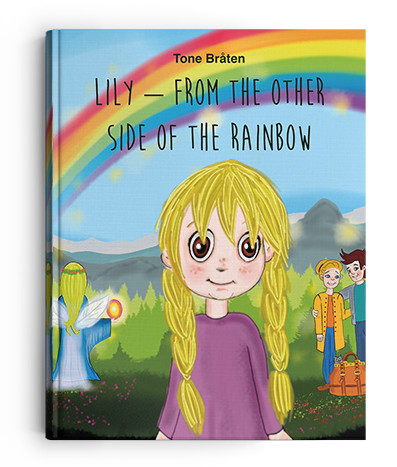
The book “Lily from the other side of the rainbow” is about a five year old girl. She tells the story about how her mother and father needed to travel to the other side of the rainbow to find the magical egg, the magical egg would give them the baby that they wanted more than anything in the world.
In this book I give children a lot of information in the form of a fairy tale, a story that will keep the child’s interest through every page. The illustrator has drawn pictures that the children will love and they will find small details on every page.
This book is an introduction for the child to understand and accept their conception through egg donation. You as parents have your own story and your own journey that led you to finally reach your goal, so you can start by reading this book and later tell your child about your own story.
What kind of information do I give to the child through this fairy-tale?
- Lily tells about how her parents needed to travel far away to get the magical egg they needed. This gives the parents the opportunity to tell about their own trip to the country/ clinic where they did their own treatment.
- The book shows a crying mother that looks at other pregnant women and babies. I try to tell the child how important it is for a woman and a man to become parents.
- When Lily’s parents arrive at the other side of the rainbow they meet a doctor that is a mix between a man and a troll. He tells them that the mothers egg is not magical anymore and that there is anything that the mother can do about it. I try to tell the child that the mother cannot be blamed because of the bad quality of her egg. This is something that is out of mothers control and that there isn’t anything she can do to change the quality of her egg, so she is in need of help from the doctor.
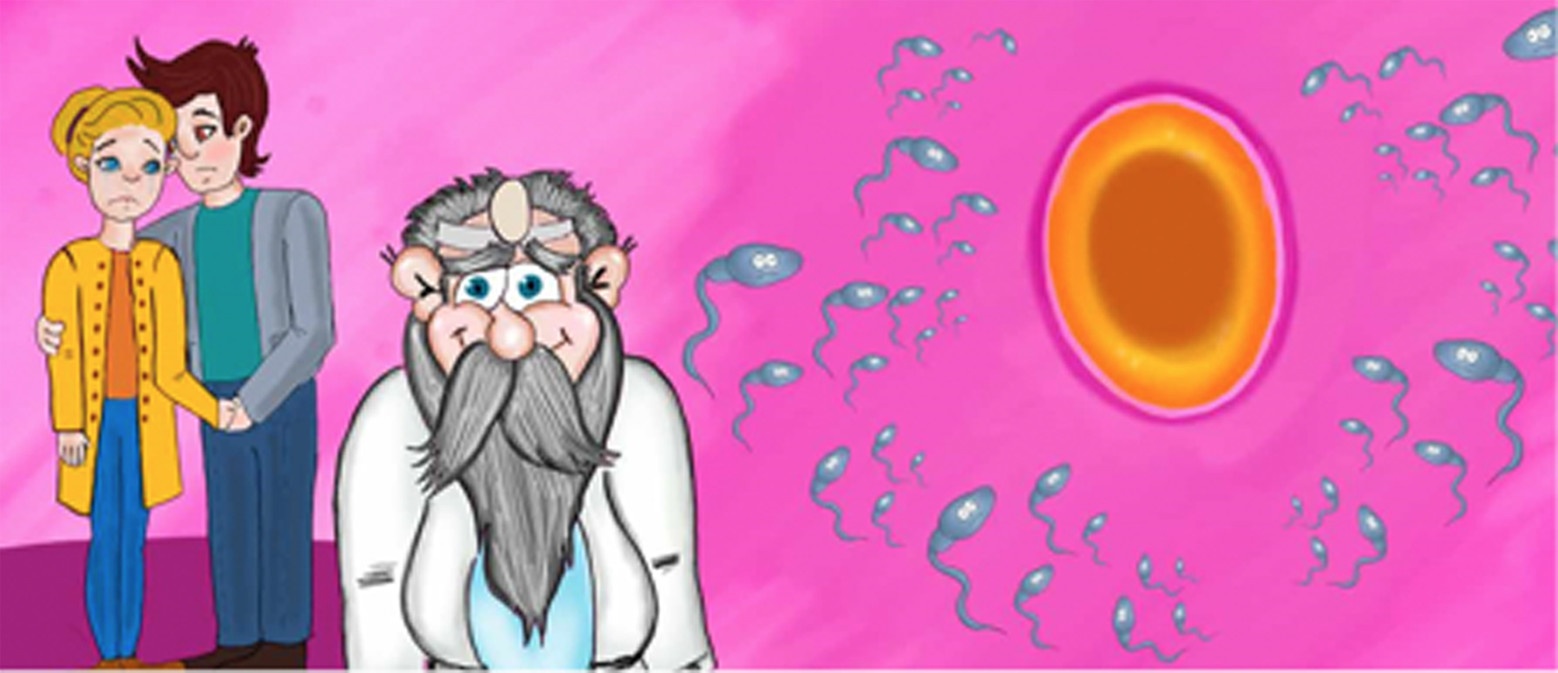
- The donor is shown with children around her. I want the child to see that the donor fairy already has her own children and that she wants to give away a magical egg so she can help others to become mothers and fathers. I show the child that the most important thing the donor is doing is to give away the magical egg. I also give information so the child understands that the egg is not enough to make the mother pregnant and have a baby. The egg needs to be combined with a magical tadpole and then transferred, with the doctor’s help, into mother’s tummy to develop into a child. The child needs to know that the egg is not enough to create a child. His, or her mother and father need to be a part of the process; the biggest part of the process!
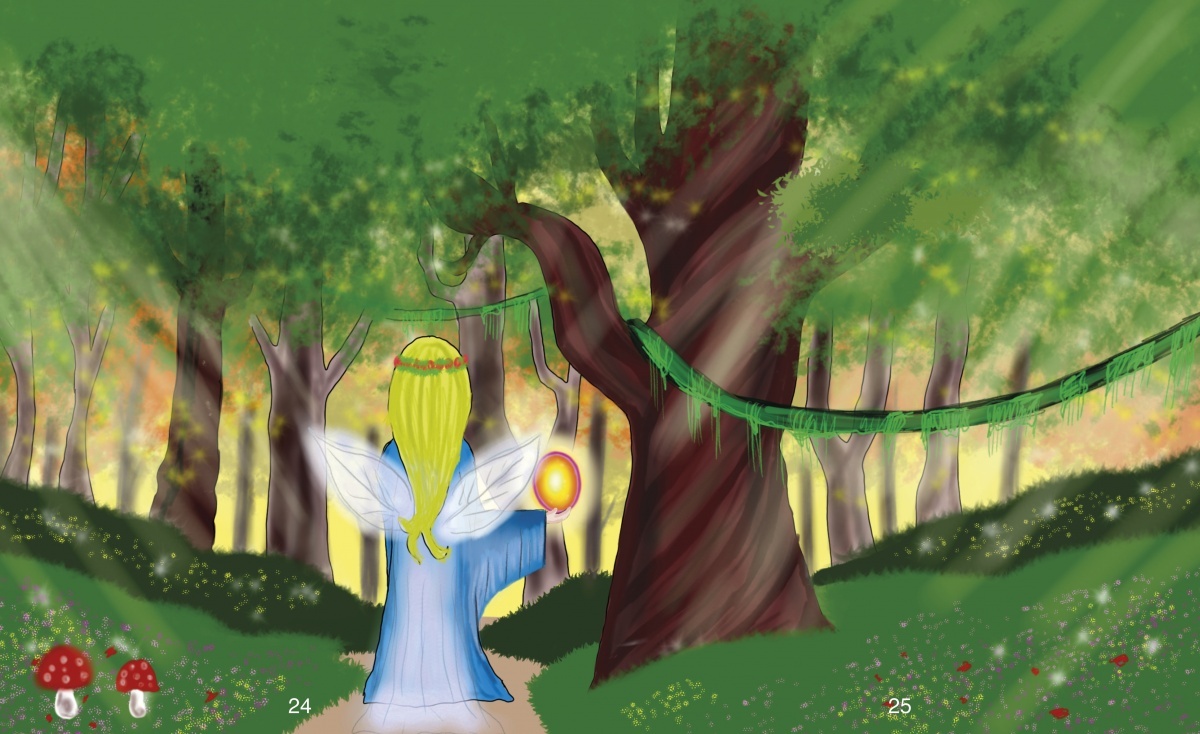
- In the book you can only see the donor from behind and you can only see her hair, but the child can see the face of the mother and father. I try to tell the child, by the use of the pictures, that it is the mother and father that is the important, not the donor. The donor is nice to give away a magical egg, but it’s the parents that decide to travel, get help from the doctor and receive the egg. It is the parents that made this happen and by doing this became pregnant.
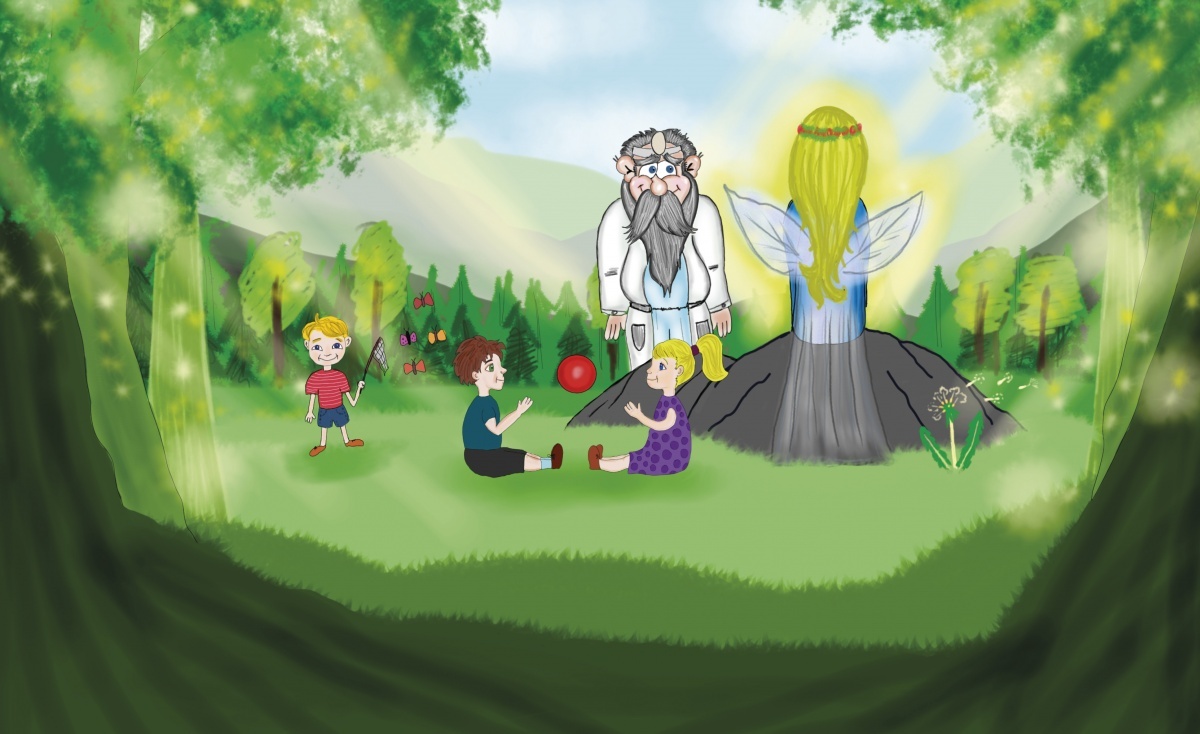
- The parents in the book need to follow three golden rules to receive a magical egg; the third rule is that they are not permitted to meet the Donor Fairy. I wanted to tell the child that the parents decision to have the opportunity, or not, to meet the donor is made by the clinic/ doctor. I want to help parents to tell their child about their choice when it came to choosing anonymous, or non-anonymous donation. In this book you can easily explain your own circumstances and dependent upon your choice of anonymous or non-anonymous, because in the book it is the parents that are not permitted to see the donor, not the child.
- On the last page I write about how proud Lilly is to be a child from the other side of the rainbow and she talks to the reader (the child)! I want to tell the child that they are special and wanted and that their parents did everything and obey all the rules to get exactly their child. I want to tell the child that every child is unique in their own way.
It is not sure that your child will react the way you expect when you tell about the donation!
When you decide to tell your child about egg/double donation this will probably be a very important moment for you, but it may not be so important for your child!
Children between the ages of 5 to 7 years are interested in playing, being up late in the evening, being with friends and eating candy.
So, if you read this book, or tell the story in your own way, don’t get disappointed if the child is not so interested, or emotional affected by the story like you expected them to be. Your child has been brought up with love and you have managed to fulfil your child needs there for your child will is not ‘missing’ anything.
Sincerely, Tone Bråten
We not only care about the high chances for you getting pregnant and becoming a mother, but also for you to have a happy family, with a warm and natural relationship between parents and children.


